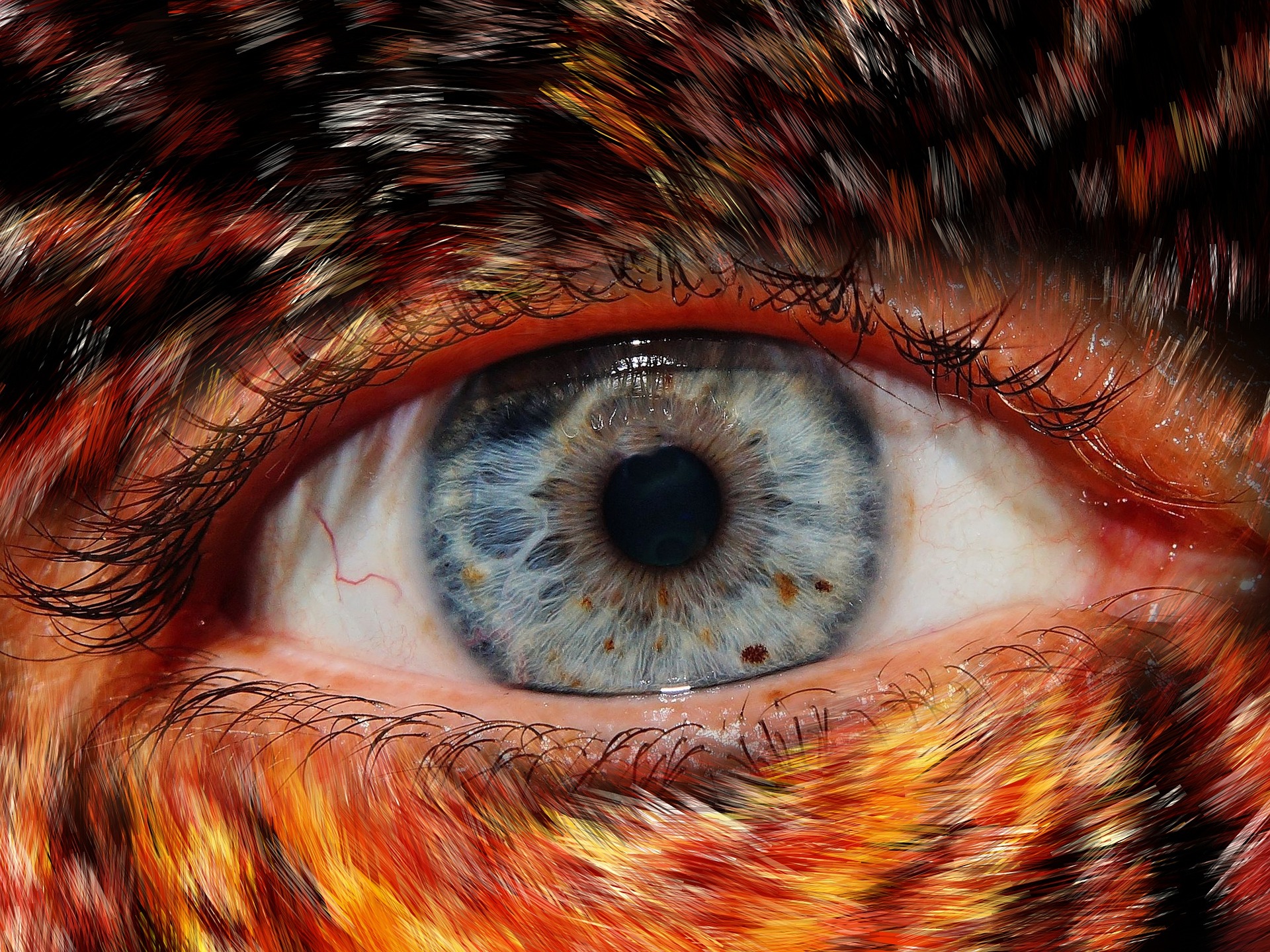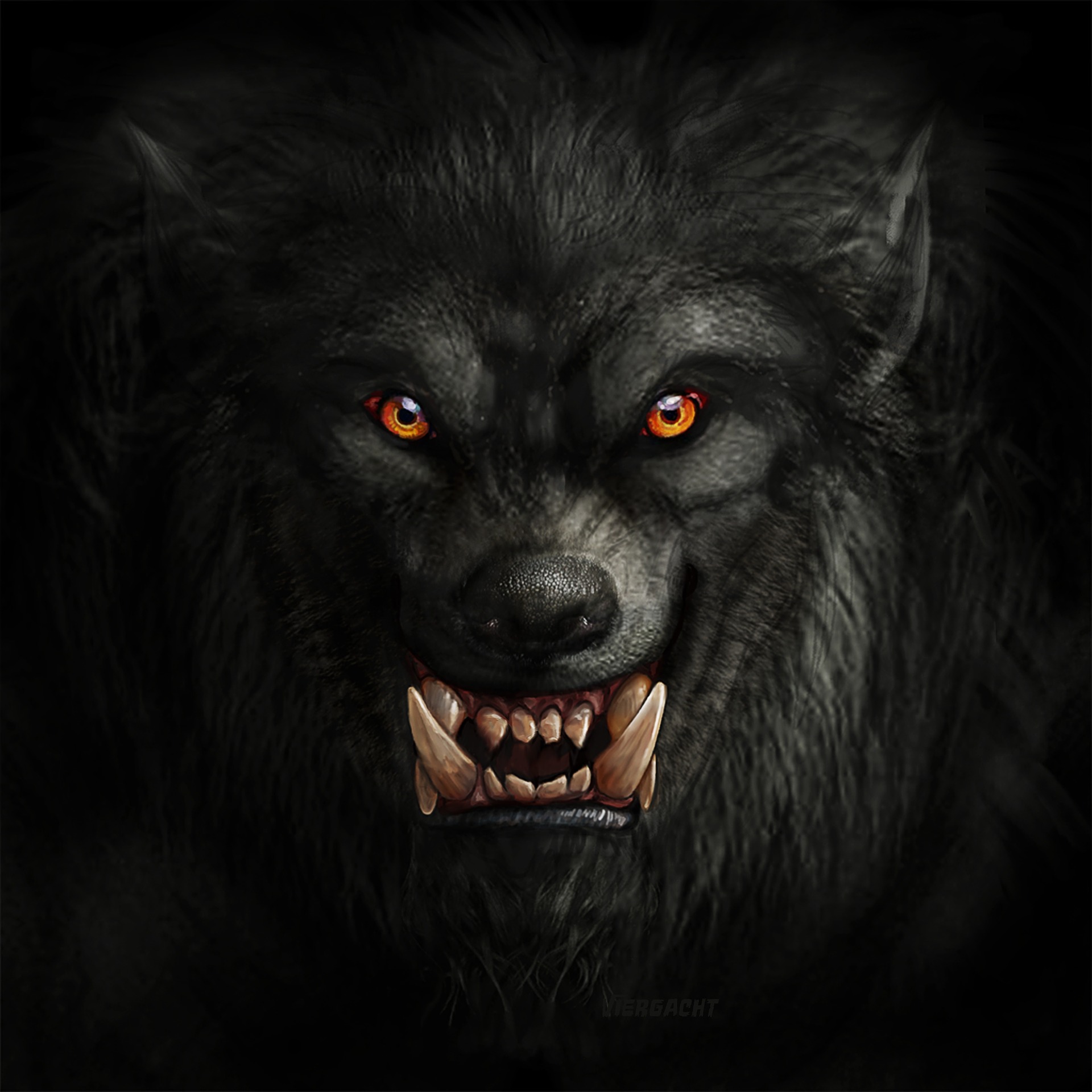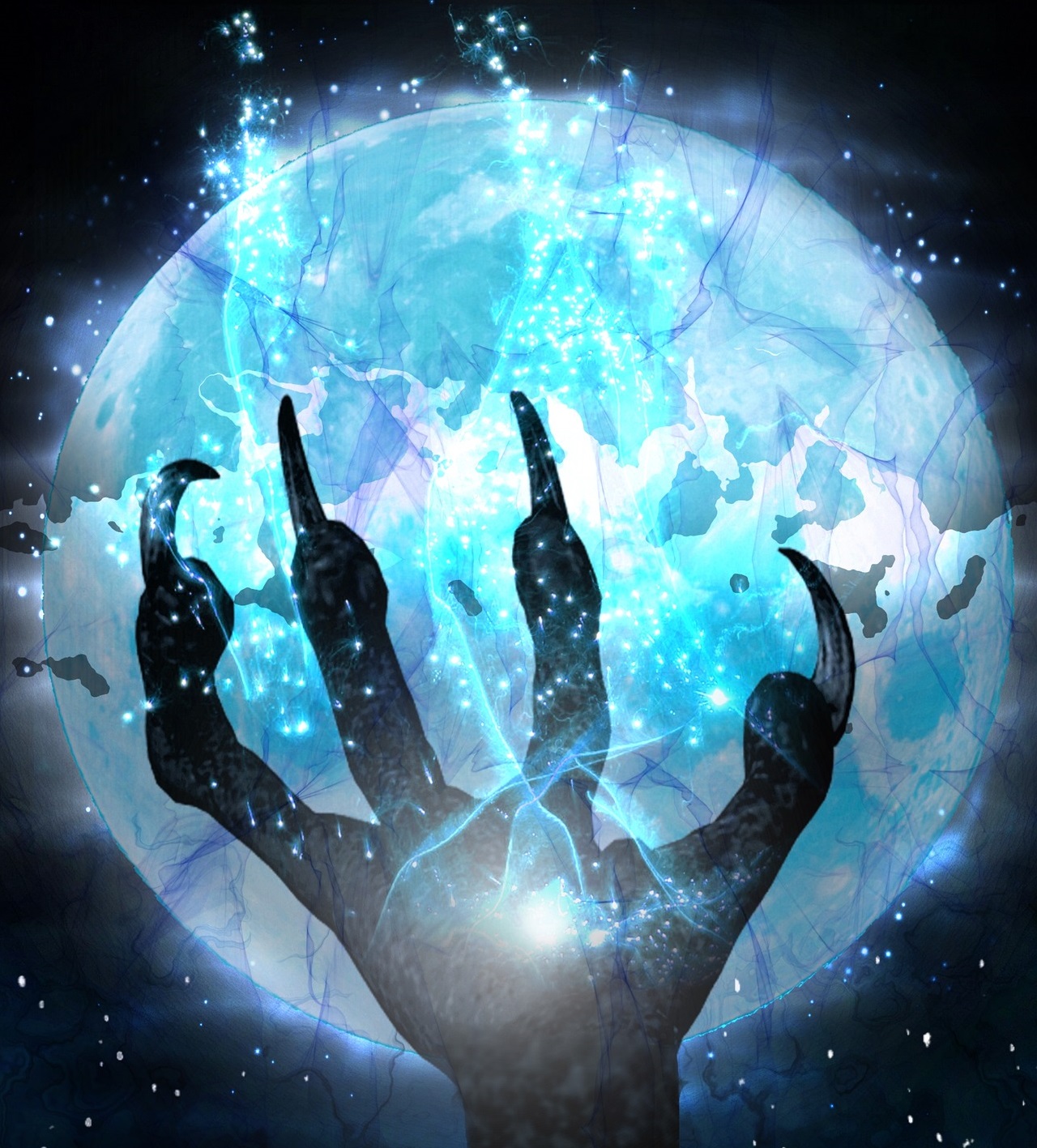

Yet something else is also often felt beyond fear and revulsion by the onlooker at the transformation of a werewolf; a sense of betrayal. From where does this sense of betrayal come from? For in most cases, it is not technically the werewolf's fault most of the time. They didn't ask to be cursed in this manner after all. In fact, most times they don't have control of the transformation. They transform if they like it or not and immediantly go into a bloodrage, killing all that it finds around them. To go even further, many stories involving werewolves killing others happen when the werewolf didn't know they were a werewolf or the werewolf, due to bad circumstances, was in the wrong place at the wrong time and tragically turns when they are around their loved ones.

So where does this sense of betrayal come from? It comes from the fact that the victim or audience thought that they knew the person. That whatever the werewolf's secrets or struggles, no matter how awful, would never negatively impact them. Then, after everything we learn, they still can't stop themselves from letting this curse get the better of them and allow themselves to kill others. Personal history, connections, and respect is pushed to the side. All that matters is the madness that grips the werewolf. The madness that tells them to destroy all in its path without thought of the consequences. The madness that says your friends, loved ones, and family are nothing to you but things to prey upon and destroy. Some characters such as Alex Price from An American Werewolf in London even refuse to believe that even while transformed the werewolf is incapable of hurting them. In one of the final scenes of the movie, Alex Price runs after her boyfriend who is tearing through the London streets hoping to calm him down. However, even as she pleads to him it is no good, the man she knew is gone and all that remains is the wolf (see below).



